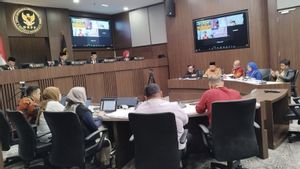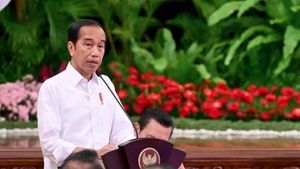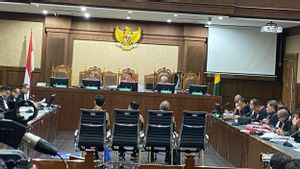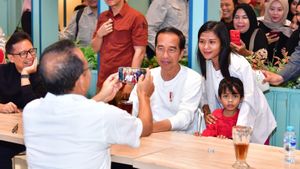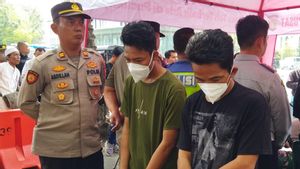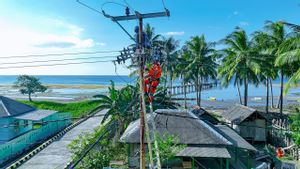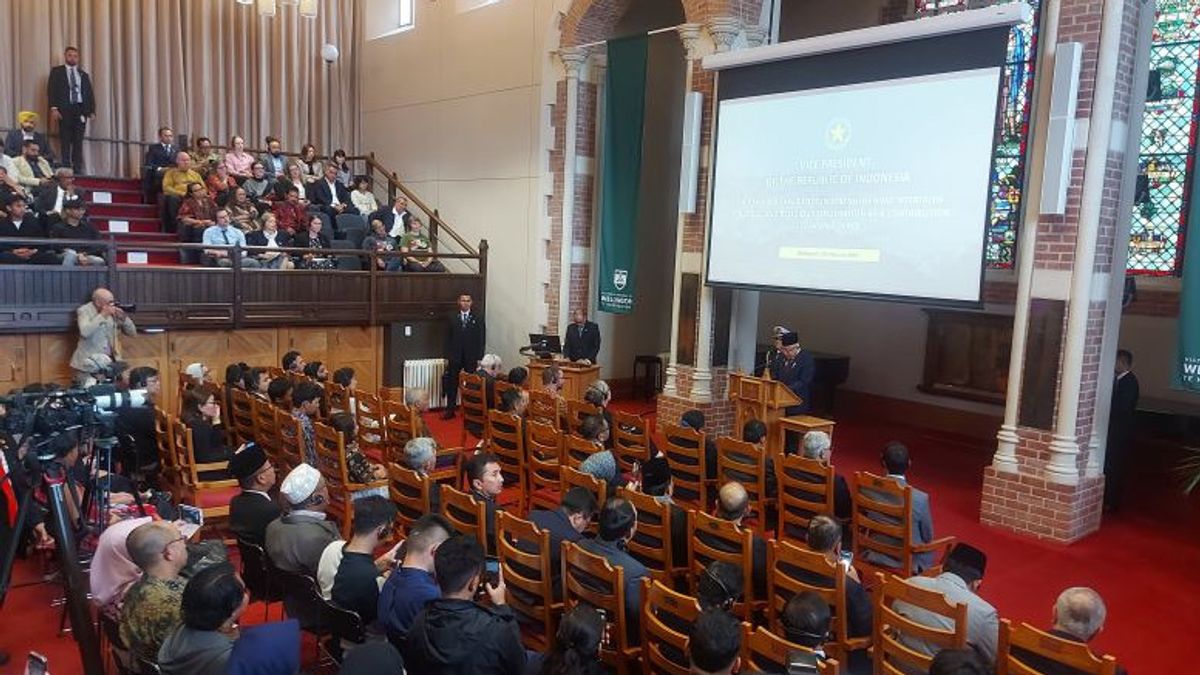
JAKARTA - Vice President (Vice President) Ma'ruf Amin conveyed Indonesia's experience in strengthening interfaith dialogue and religious moderation as a contribution to creating world peace.
The experience was conveyed by Vice President Ma'ruf on the agenda of Interfaith Dialogue at a public lecture at Victoria Wellington University, New Zealand, Wednesday, February 28.
"Indonesia and New Zealand have similarities, including high respect for diversity, including religious diversity," he said.
The vice president said that since the last two years, Indonesia has been committed to being active in the field of interfaith dialogue as one of the important elements in Indonesian foreign politics.
Indonesia is working with other countries and the international community to encourage mutual understanding between religious adherents globally.
The Vice President explained that Indonesia has strong capital in the field of cross-religious dialogue because it departs from experience as a very pluralistic country.
"We have 278 million people, 17 thousand islands, six religions that are officially recognized, around 1,300 tribes, and 718 regional languages," he said.
In a public lecture attended by around 100 more students and the academic community of Victoria Wellington University, the Vice President conveyed Indonesia's experience in managing differences, so that it does not become a factor that triggers division.
관련 항목:
First, said Ma'ruf, the tradition of cross- faith dialogue has institutionalized and firmly rooted the community as the first and first choice in finding solutions to the problems of the Indonesian nation.
"We have a Religious Harmony Forum, which consists of religious assemblies in Indonesia, to prevent conflicts with religious backgrounds and at the same time resolve internal and interfaith disputes," he said.
"The government also strengthens regulations on the life of a harmonious and peaceful nation, as well as enforcing the law against parties who violate the name of religion," Ma'ruf added.
Second, said Ma'ruf, Indonesia upholds the foundation of a state that upholds unity and harmony.
"These values are contained in the ideology of Pancasila, the 1945 Constitution, and the form of the Unitary State of the Republic of Indonesia which is the agreement of the founders of the Indonesian nation who have different backgrounds, nationalists and are religious," he said.
"Meanwhile, in terms of policy, there should be no discriminatory regulations based on religion in all fields, be it politics, economy, law, culture, or other fields," Ma'ruf added.
Next, the Vice President conveyed the role of religious leaders and civil society that is strong in various aspects of life, so that they continue to be involved in the spread of values of tolerance and moderation.
"Regarding this, two of Indonesia's largest Islamic organizations, namely Nahdlatul Ulama and Muhammadiyah, have just received the Zayed Award for the Human Brotherhood of the United Arab Emirates, for their dedication and commitment in advancing moderation, brotherhood and peace," he said.
The English, Chinese, Japanese, Arabic, and French versions are automatically generated by the AI. So there may still be inaccuracies in translating, please always see Indonesian as our main language. (system supported by DigitalSiber.id)



